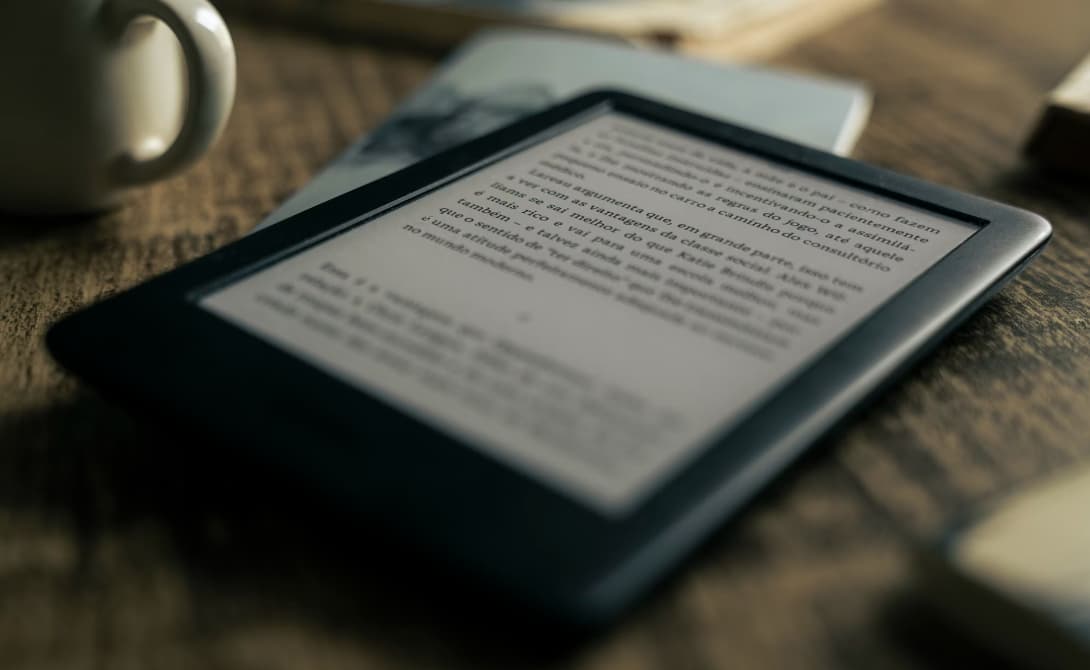E-commerce business owners can be divided into two groups. Those who utilize an omnichannel marketing strategy and those who don’t.
But what exactly is an omnichannel marketing strategy? Does your business even need one? And what is the difference between omnichannel vs multichannel? Let’s get all of your questions answered in this article! Read on!
Omnichannel Marketing
Omnichannel marketing focuses on a unified brand experience across all channels and touchpoints. It is a multi-channel approach that bridges the gap between online and offline marketing.
It provides customers with a consistent and unified experience. Here’s how it differs from multichannel marketing:
Benefits
Through omnichannel marketing, businesses have access to a seamless customer experience. It allows them to target the customer with a consistent message across multiple channels.
Having an understanding of customer preferences makes it easier to offer relevant messages across a range of communication channels, whether it is through email, mobile, social media, or in-store.
Also, if your brand wants to expand its reach beyond a single channel, Product Information Management solutions can help. It provides data in one single source of truth across all online sales channels.
To promote brand consistency and customer experience, check out the best PIM solution here. This ultimately drives more conversations while increasing ROI and time savings.
Limitations
It has certain limitations that should be taken into consideration before planning a campaign. It can be complex, requiring careful coordination among:
- Different channels
- Teams
- Partners
- Technologies
There is also potential for data loss or inaccuracies when integrating with many channels and technologies. Monitoring and evaluating the success of an omnichannel campaign can also be complex and time-consuming.
Multichannel Marketing
Multichannel marketing is an integrated approach to marketing. Through multichannel marketing, businesses can create a unified and comprehensive online presence and build customers relationship. Here’s how it differs from omnichannel marketing.
Benefits
Multichannel marketing enables organizations to diversify their reach and create a more comprehensive user experience. Instead of relying on one method of communicating with customers, companies can utilize many different channels, such as:
- Social media
- Text message
- Chatbot
- Telephone
It helps organizations generate more qualified leads. It also improves customer feedback and maximizes cost savings. This gives companies an edge over their competitors. It allows them to focus on an integrated approach to improving their customer experience.
Limitations
Marketers will be limited to the amount of data they can collect to understand consumer behavior and preferences. It is also challenging for marketers to align their messaging across many channels, as well as measure the return on the investment.
It also requires a greater budget and can be difficult to implement due to the complexity of setting up cross-channel campaigns. It may also be difficult to effectively coordinate channels within the same campaigns and campaigns across channels.
Learn the Difference Between Omnichannel vs Multichannel Today
Understanding the difference between omnichannel vs multichannel strategies is essential for businesses, especially for those who looking to optimize customer engagement and loyalty.
With omnichannel approaches, customers receive a more consistent experience. Businesses can also better personalize services and offerings.
Now that you understand the difference. Why not begin planning your own omnichannel strategies today?
Did you find this article helpful? Visit more of our blogs!



